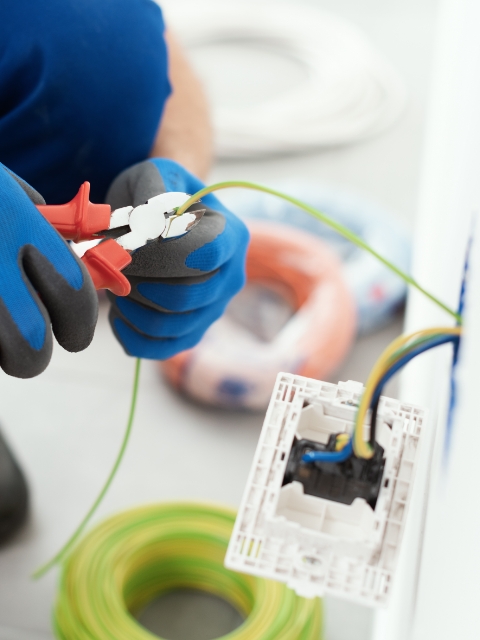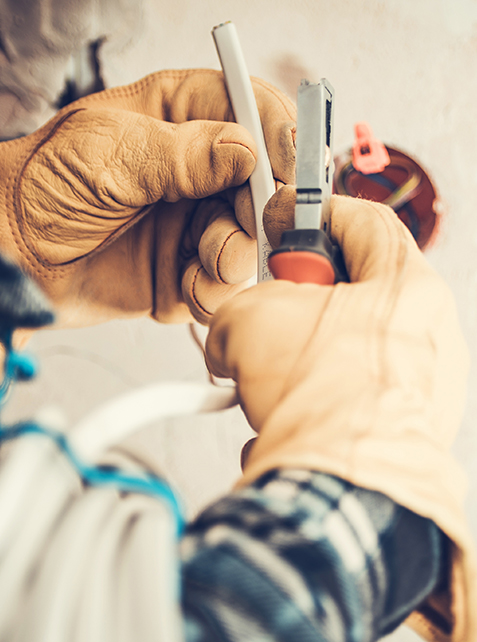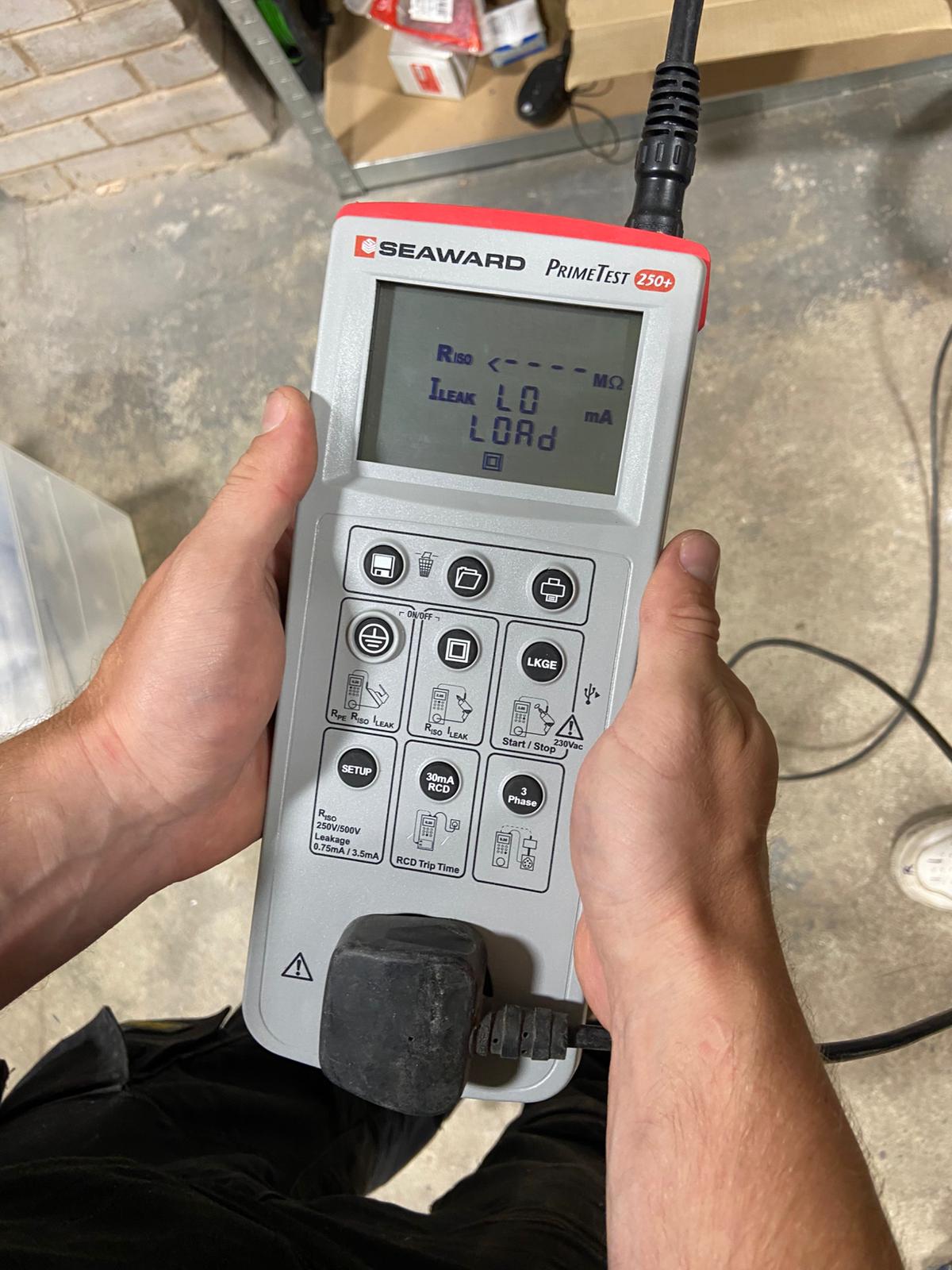The Importance Of EICRs
An EICR (electrical installation condition report or electrical safety certificate) is an electrical report that allows us to check all electrical installations in a property and ensure that they are operating correctly. If the person conducting the reports feels there are faults or is danger present, then they can carry out further investigative work or insist on remedial work to fix the problem.
Having your electrical installations inspected is required by law for landlords, and many company owners get EICR reports to ensure they are compliant with relevant electrical safety regulations. It can also be vital for homeowners who want to check for faulty wiring, damage to their fuse box or other electrical issues.
At Jack Jones Electrical, we send a fully-qualified electrician to carry out your EICR inspection. That means that they have the skills needed to check for any potentially dangerous issues and carry out any further work needed to ensure that your property is safe. From our base in Swadlincote, we offer EICRs and other electrical services to landlords, homeowners and business leaders in the surrounding areas, including Burton-Upon-Trent, Derby, Leicester, Tamworth, Nottingham and the surrounding area. Call 07508 706527 to find out more and book your EICR today.

Get Your EICR Carried Out By Leading Local Electricians

How We Carry Out An EICR Inspection
An EICR starts with a visual inspection of the property’s electrical system to ensure that it all looks correct. It will involve checking everything including fuse boards, wiring and light fittings. Only fixed electrical systems need checking as part of an EICR, so electrical appliances and other portable systems don’t need checking, but they may require periodic inspection to ensure they meet relevant electrical safety obligations. Once the visual condition report is done, we will also carry out electrical safety testing to ensure that the system is functioning correctly.
If we find any issues, we will note on your report that there is further investigation required, and carry this out for you if authorised to do so. We will then make your final electrical safety report and issue you with your electrical safety certificate if applicable. If not, we will advise you on what remedial work needs to be carried out before the property can be classed as safe.
Our team can ensure that your property adheres to the highest possible electrical safety standards and is completely safe for use, whether it is a residential premises or a commercial property. We also offer ongoing maintenance and all other kinds of electrical testing, including PAT testing. Additionally, we have the skills to carry out all aspects of commercial and domestic electrical work, including CCTV installation, EV charger installation and emergency electrical services. As such, we’re the only East Midlands-based electrician you’ll ever need. Contact us today to find out more.
Get All The Electrical Services You Need:

Fault finding

Alarm maintenance

Electrical inspections

Diagnostic services

Fixed wire testing

Portable appliance testing (PAT)

Electrical Installation Condition Reports FAQs
Is An EICR A Legal Requirement?
An electrical installation condition report is a legal requirement for all rental properties, which is why it is also known as a landlord electrical safety certificate. A landlord safety certificate is a formal document that is mandatory for any property in the private rented sector, whether it is commercial or residential. While EICRs are not required of properties owned by the local housing authority, these homes still need to meet high electrical safety standards.
How Often Do You Need To Get An EICR?
Rented properties need to have an EICR inspection carried out every 5 years, or when there is a new tenant, whichever comes first. This is to ensure that any deterioration in the electrical system over time is monitored, and that any changes made or work carried out by the previous tenant are checked by a qualified and competent person. If a landlord fails to get an EICR, then the local authority can issue a financial penalty.
Can You Sell A House Without An EICR?
It is not a legal requirement to have an EICR before you sell your property. However, your home buyer or their mortgage provider may request one. An electrical safety certificate may also help provide written confirmation of the safety of the property, making it quicker and easier for your to sell your home, so it is worth considering.



